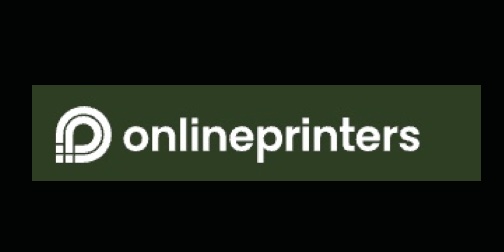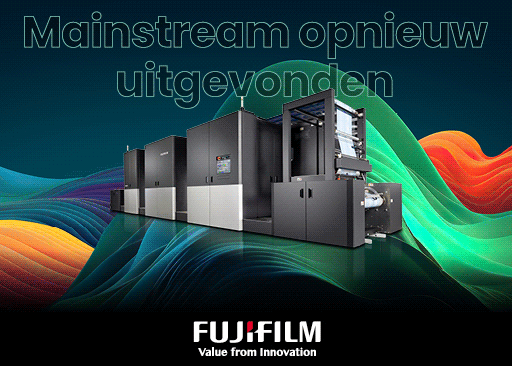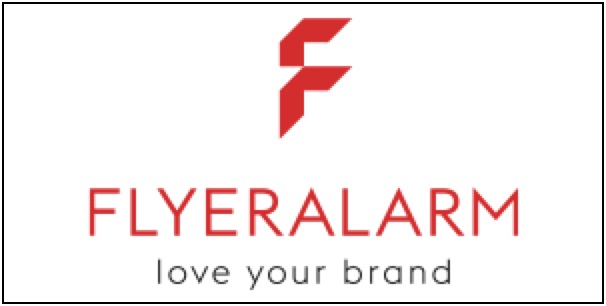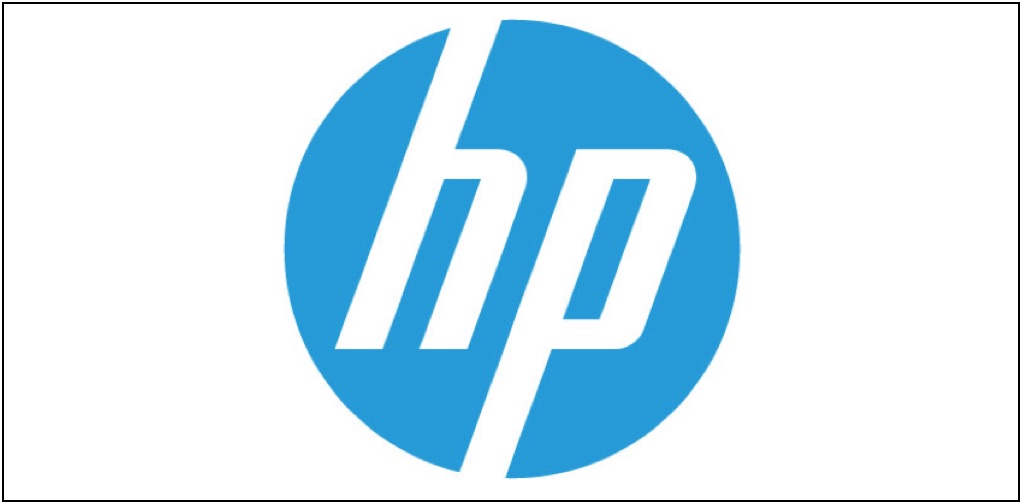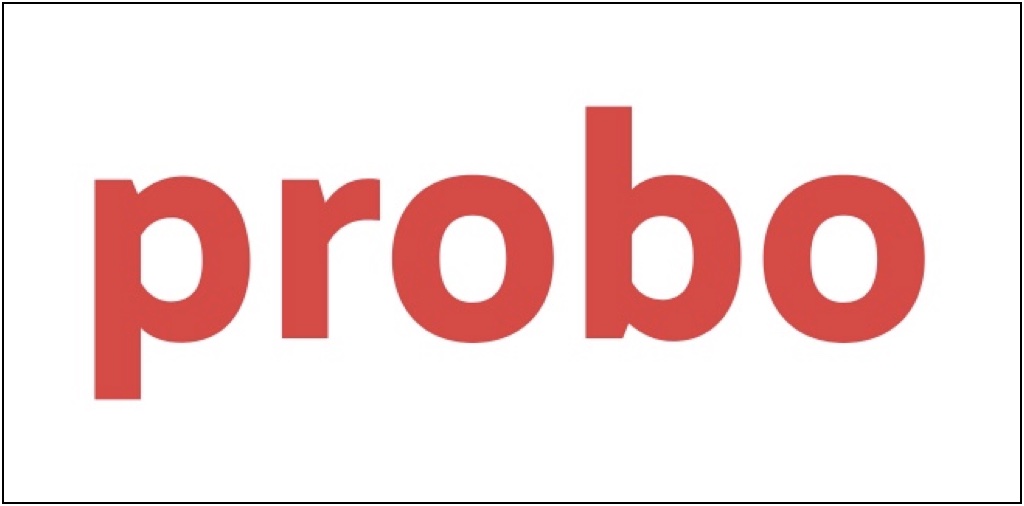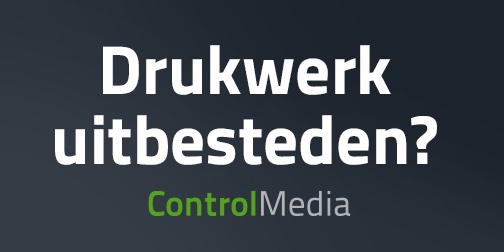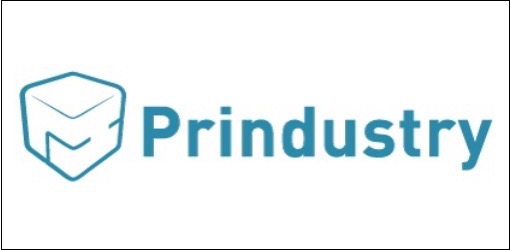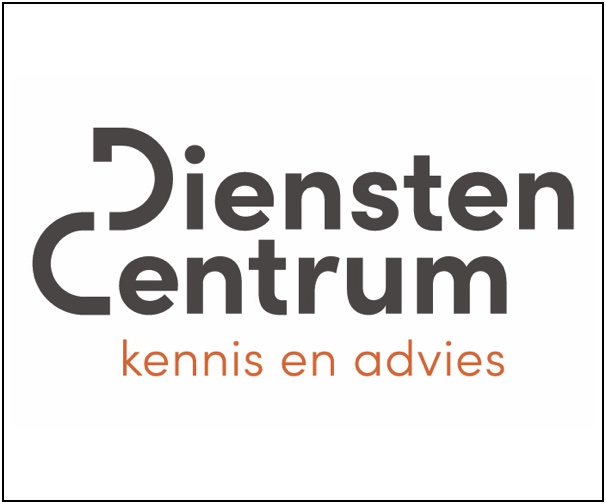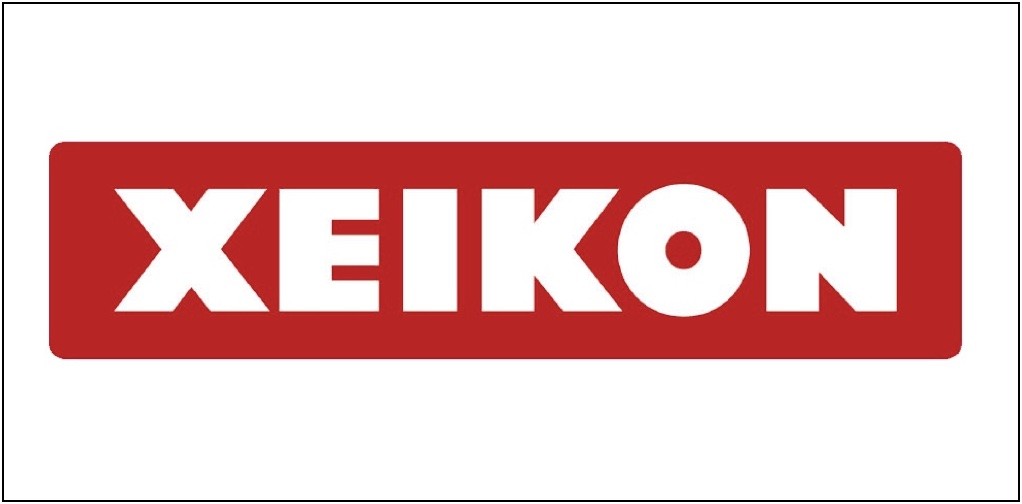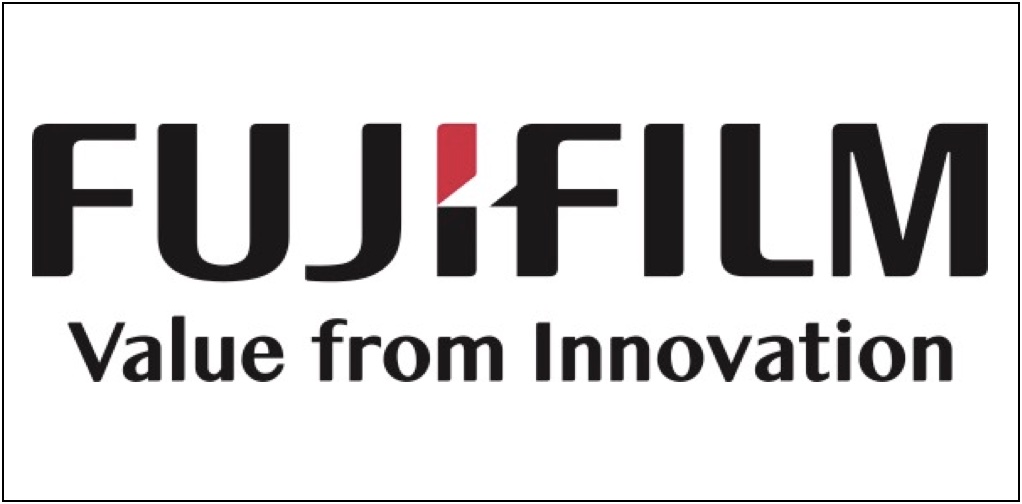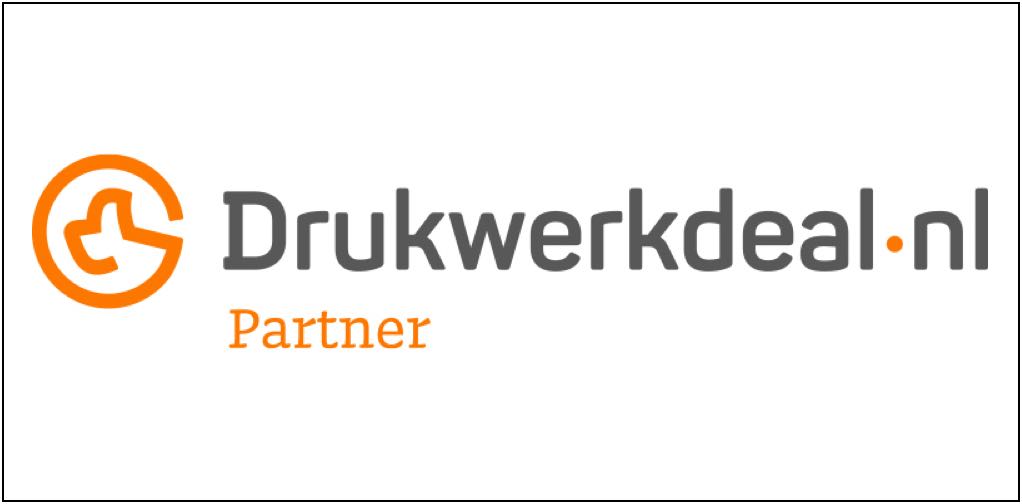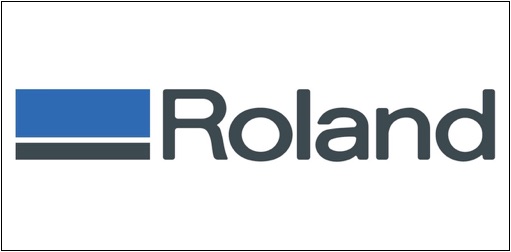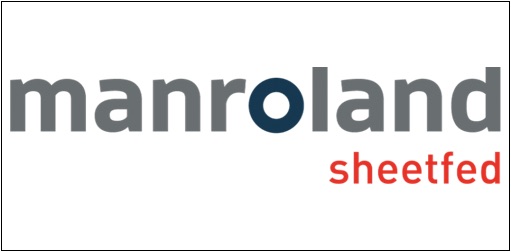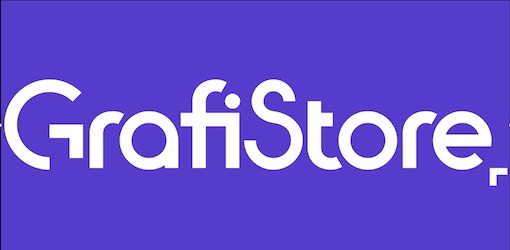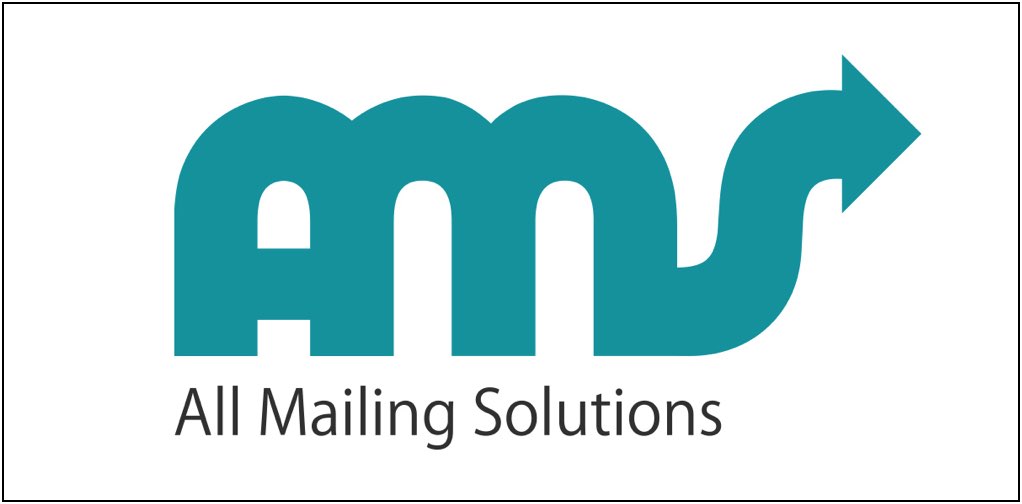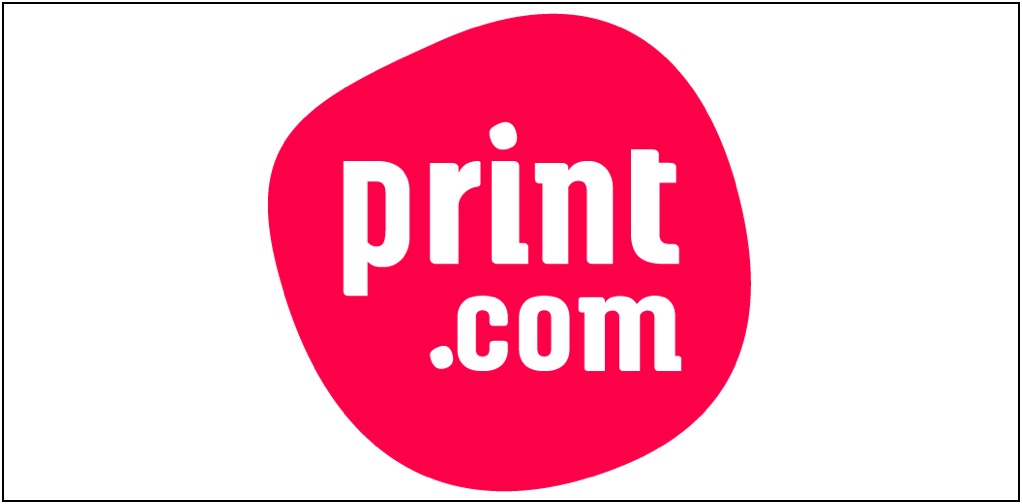Laurel Brunner’s Verdigris Blog: Pulp Fiction
 We recently came across an environmental story that is just too good to be true, and yet it is true. It seems that in every mile of the M6 Toll motorway in the UK there are 92,000 pulped copies of Mills & Boon romantic novels. A novel approach to reuse indeed.
We recently came across an environmental story that is just too good to be true, and yet it is true. It seems that in every mile of the M6 Toll motorway in the UK there are 92,000 pulped copies of Mills & Boon romantic novels. A novel approach to reuse indeed.
Mills & Boon has built its reputation on slushy tales of romance, however millions of unsold copies of the publisher’s books get returned every year. The unwanted copies are sold on to recycling companies, where they are pulped for subsequent use. Tarmac Central, the company that built the road, used the pulp to improve the road’s quality. The pulp was supplied by a local recycling plant and is mixed in with the tarmac and asphalt to provide the final top layer of the road surface. The addition of the pulp helps to make the road more solid and prevents splitting. It also provides sound absorption. And it is expected to help the road surface to last longer with reduced repair rates and congestion due to road works.
This is by far the most unexpected use of recycled pulp we have come across. The pulp has apparently become a vital ingredient for road construction, reflecting the rising interest in recycling worldwide. Tarmac, with or without the added pulp can be recycled and there is a healthy market for it in developing countries, particularly the tarmac scrapings removed during road resurfacing. Raw materials based on virgin resources are often more expensive than using recycled materials. They also may bring additional benefits, such the absorbency pulp that can prolong the life of a road surface.
This is of course not an argument for the wanton production of books that no one wants to read. Mills & Boon is only one of many publishers still working to a traditional printing and publishing, producing many more copies than they need in order to cover all distribution bases. However it is an argument that supports paper’s sustainability credentials. This idea of adding pulp to tarmac and asphalt is just one example of many for reusing paper once its life as a publication is over. iPads and laptops can be refurbished for subsequent reuse, but they’re unlikely to make any great contribution to road quality.
Laurel Brunner

Dit blog wordt mogelijk gemaakt dankzij de bijdrage van: Agfa Graphics (www.agfa.com), Digital Dots (http://digitaldots.org), drupa (www.drupa.com), EFI (www.efi.com), Fespa (www.fespa.com), Heidelberg (www.uk.heidelberg.com), Kodak (www.kodak.com/go/sustainability), Mondi (www.mondigroup.com/products), Pragati Offset (www.pragati.com), Ricoh (www.ricoh.com), Shimizu Printing (www.shzpp.co.jp), Splash PR (www.splashpr.co.uk), Unity Publishing (http://unity-publishing.co.uk) and Xeikon (www.xeikon.com).
BlokBoek.com is de Nederlandse media-partner van Verdigris, een non-profit initiatief dat de werkelijke voetprint van druk- en printwerk die drukwerk achterlaat eerlijk in kaart wil brengen en dat bedrijven en organisatie steunt om die voetprint te verlagen.
Meer informatie over Verdigris vindt je via deze link.
De trainingen voor 2022 staan gereed. Kijk voor het volledige online aanbod van bestaande- en nieuwe trainingen op de website.
BLOKBOEK.COM EN PRINTMEDIANIEUWS: HET OPTIMALE DOELGROEP BEREIK


